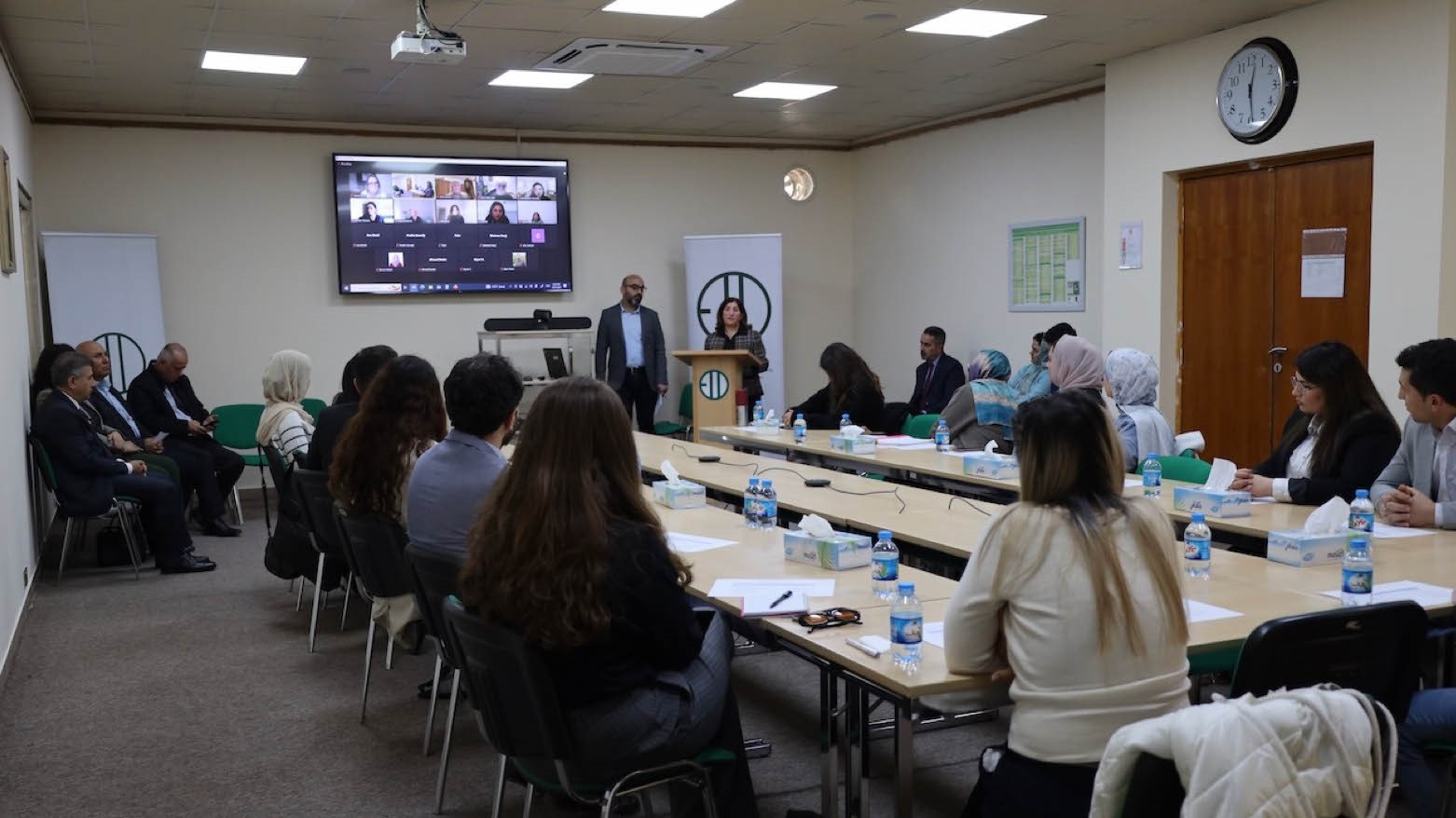New project to help Kurdish society overcome mental trauma

ERBIL (Kurdistan24) – The Kurdistan Mental Health Project last Tuesday began its training program for 30 young professional psychologists in new techniques of cognitive behavioural therapy (CBT).
The program, which its founders claim meets international standards, is to last for one year.
The project is the brainchild of a group of Anglo-Kurdish mental health professionals in the UK who created the charity, KR-UK-Impakt. The charity members include several British-Kurds and Chris Bowers, a former UK Consul General in Erbil.
“So, it came from a very simple idea really, which was, how can we make a difference? How can we fill a gap?” Bowers explained in a video message on Tuesday. He added that there is “a very obvious gap in Kurdistan around talking [about] cure therapies.”
He also said that the Kurdistan Regional Government [KRG] also supported the project. “There's a recognition that this is needed…And so we were delighted right the way through to get a whole series of yesses from the KRG.”
The project is being implemented by a group of teachers linked to Oxford Cognitive Therapy Centre (OCTC) and it is being coordinated on the ground by the Erbil-based European Technology and Training Centre (ETTC).
The idea has the potential to help Iraqi Kurdish society overcome one of its most painful taboos: the personal trauma that is the legacy of decades of violence and oppression.
Read More: Jonathan Randal: After Such Knowledge, America and the Kurds
Jonathan Randal, a veteran Washington Post correspondent in the region and author on the Kurds, told Kurdistan24 that "The first two years of the five-year program are a gift from the Iraqi-Kurds' foreign friends, many of them journalists, who were with them during the dark ages under Saddam and never forgot the risks they took to ensure our safety in getting in and out of Kurdistan to inform the outside world of their long suppressed cause."
"I hope this program will help heal the terrible psychic wounds that still afflict so many Kurdish families," Randal concluded.
Other funders are being sought by the project to enable its training program to extend for three or four more years beyond the initial two years and ideally become self-sustaining, eventually supported by the KRG.
Hugh Pope, a former Middle East correspondent, told Kurdistan24 that “This ‘talking' treatment is a first step to help Kurds move sustainably beyond the traumas of their history: the brutal campaigns by Saddam Hussein, the genocidal Islamic State assault on the Yezidis and other violence that has scarred the region.”
“Despite the pressing need of Kurdish society for access to modern psychological therapy, beyond medication and/or denial, not much is being done to overcome the personal and collective damage done by these ordeals.”
The diverse first cohort of 30 trainees have been chosen from all over the Kurdistan Region. Some work in private practice, non-profits, and government. Select members of the first cohort will also be trained as integration specialists in order to make sure that over time the program can become completely overseen by the Iraqi Kurdistan region.
Editing by Dastan Muwaffaq
